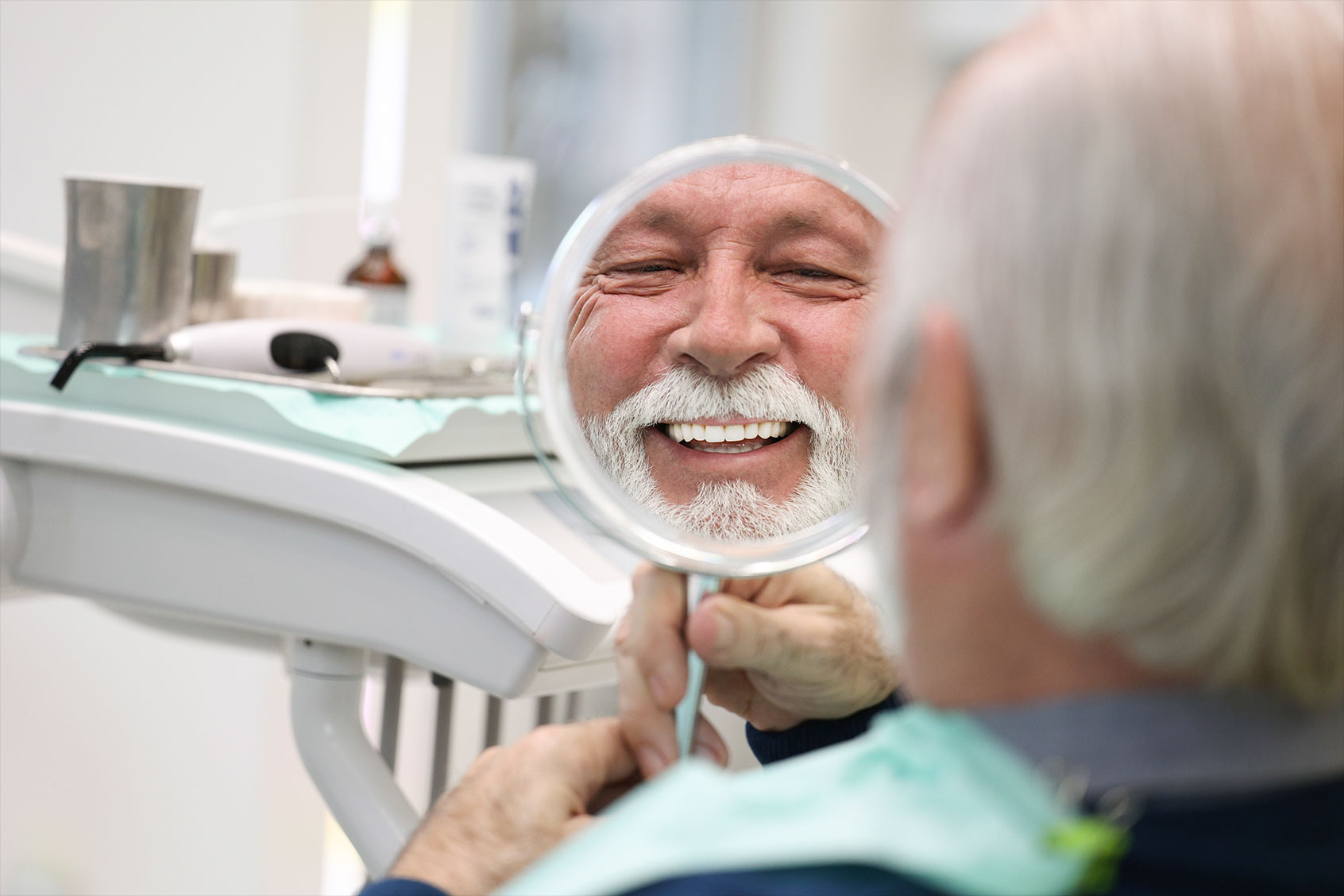Losing your teeth is one of many folks' greatest fears and is fodder for many disturbing nightmares. Replacing lost teeth is yet another dreadful experience, not just because visiting the dentist can be uncomfortable, but also due to the high cost and often invasive nature of such oral procedures.
But someday a drug could change that, making it easy to regrow one's teeth just like a lost fingernail or your hair. New research from Kyoto University Hospital in Japan has already regrown teeth in the mouths of mice and ferrets, prompting experts to prepare for human testing, according to New Atlas.
The intravenous treatment works by suppressing activation of the uterine sensitization-associated gene-1 (USAG-1) protein, which inhibits tooth growth. Experiments on animals succeeded with no apparent ill side effects, giving researchers confidence that they can test it on humans.
From September 2024 through August 2025, scientists will test the drug on 30 human males between the ages of 30 to 64. If such clinical research succeeds without serious side effects, the research will move on to testing the drug on humans between the ages of 2 and 7. Finally, they will test it on patients with partial edentulism, or missing teeth they develop due to environmental factors later in life. If things go according to plan, it can be expected to be a more widespread treatment around 2030 and will no doubt confuse the heck out of the Tooth Fairy.
"We want to do something to help those who are suffering from tooth loss or absence," lead researcher Katsu Takahashi, head of dentistry and oral surgery at Kitano Hospital, said to New Atlas. "While there has been no treatment to date providing a permanent cure, we feel that people's expectations for tooth growth are high."
Poor dental health has been linked to a wide range of illnesses, from heart and brain diseases to gingivitis, so an option to regenerate the bones in one's skull is likely to be very attractive if it works.

